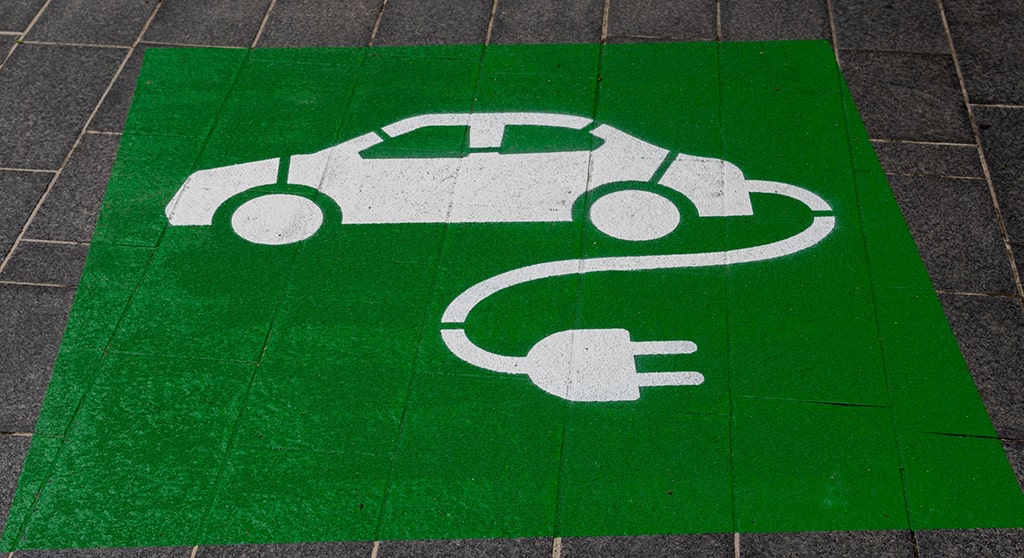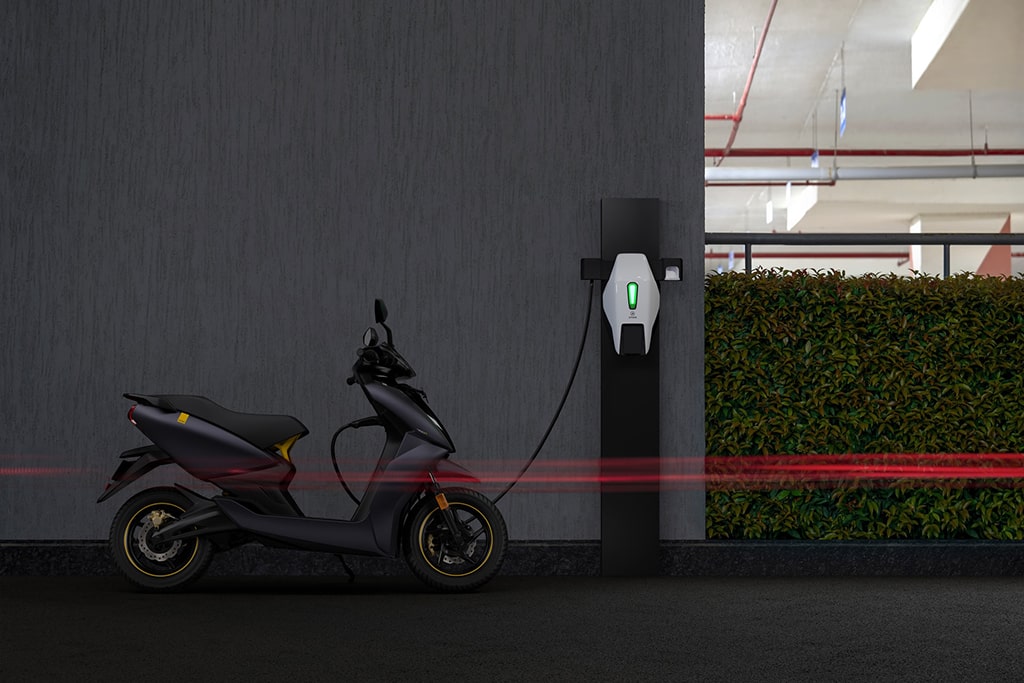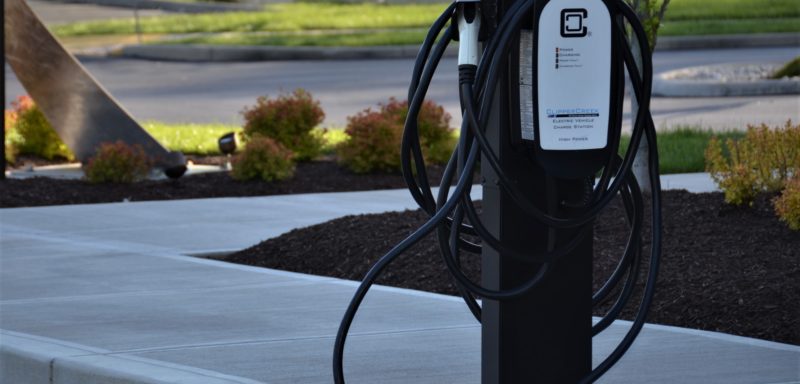 The world is waking up to climate change and companies across the globe are taking steps to become more ecologically friendly. Businesses in all sectors are working hard to reduce greenhouse emissions and the logistics industry is no exception.
The world is waking up to climate change and companies across the globe are taking steps to become more ecologically friendly. Businesses in all sectors are working hard to reduce greenhouse emissions and the logistics industry is no exception.
Companies need to meet crucial sustainability goals and emission regulations are more prevalent than ever. Therefore, it’s no surprise to learn that electric vehicle usage has steadily grown, and the number of electric vehicles is set to increase tenfold over the next decade.
EV Regulations
The current regulations surrounding electric vehicles can be perplexing as each U.S. state defines its own EV guidelines and rules. However, California sets a shining example at present, with the state implementing impressive environmental initiatives, including robust zero-emission vehicle regulations.

California has implemented the Advanced Clean Truck (ACT) regulation outlining a requirement for a proportion of a fleet’s trucks to meet zero-emission vehicle classification by 2024. Other states have followed suit, and the federal government is also implementing nationwide regulations relating to vehicle emissions.
The Environmental Protection Agency has also taken a proactive stance, working on an initiative known as the Clean Trucks Plan. The strategy involves cutting emissions by implementing vigorous standards for heavy-duty vehicles. The plan is set to roll out in 2027 and if successful, should significantly reduce US greenhouse emissions.
FedEx and UPS Embrace Electric Vehicle Delivery
FedEx is on a mission to attain carbon-neutral operations by 2040 and the company is working hard to ensure deliveries are more sustainable. FedEx has plowed investment into new technologies and plans to move to an all-electric zero-emissions delivery fleet.
There’s a schedule in place to update old vehicles and FedEx has set ambitious markers – by 2025 50% of vehicle purchases will be electric, rising to 100% by 2030.
The company plan to dramatically reduce their carbon footprint by using a wide range of electric vehicles, from e-bikes to vans and beyond.

Not to be outdone, UPS is also embracing the mission to become more environmentally friendly by pushing for sustainability and reducing their carbon footprint. The company has collaborated with several EV manufacturers including Tevva, Arrival, and Xos.
UPS is also trialing electro cargo bikes (eQuad bikes), which are just 91cm wide. Due to their dainty size, the bikes can enter bike lanes and pedestrian areas, which makes them ideal for busy, traffic-clogged cities and towns.
The eQuad bikes travel at speeds of up to 25km per hour, but with the addition of pedal power, they can go faster. The eQuads will take the streets in the U.S, Asia, and across Europe and it’s hoped they will prove to be nippy and efficient.
Reducing Your Carbon Footprint and Cutting Costs
Every business needs to take ownership of its carbon footprint, making positive changes where possible and embracing sustainability. It’s also important to keep a watchful eye on costs. Freight companies are hiking prices for various reasons including increased demand for deliveries, driver shortages, and fuel surcharges.
You can keep track of your delivery costs by engaging the services of a reliable, reputable freight audit company, such as Betachon. It’s time to reduce small parcel costs and get a handle on your delivery fees.
